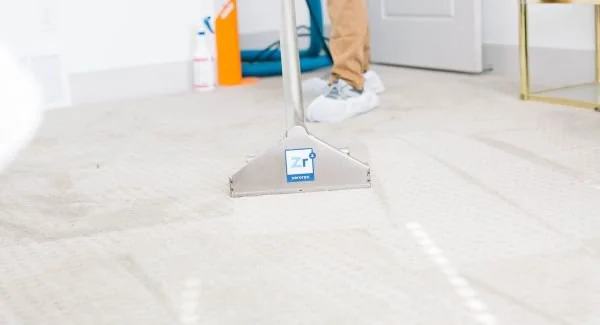In today’s competitive business environment, creating a positive work culture is essential for attracting and retaining top talent, boosting employee morale, and increasing productivity. While many factors contribute to a positive workplace, one often overlooked aspect is the role of cleanliness. A clean and well-maintained work environment is not just about aesthetics; it plays a critical role in shaping the culture of a workplace. Here’s how effective cleaning practices can help foster a positive work culture.

The Role of Cleaning
1. Promotes Employee Health and Well-Being
A clean workplace is a healthy workplace. Regular cleaning and sanitization reduce the spread of germs and allergens, which can significantly decrease the number of sick days taken by employees. When employees feel healthy, they are more likely to be productive, engaged, and satisfied with their job. Moreover, by prioritizing cleanliness, businesses show their commitment to the well-being of their employees, which in turn fosters a sense of trust and loyalty.
2. Enhances Employee Morale
The physical environment of a workplace has a direct impact on employee morale. A cluttered, dirty, or poorly maintained workspace can lead to feelings of stress and dissatisfaction. On the other hand, a clean and organized environment can boost employees’ spirits, making them feel valued and motivated. When employees see that their company invests in maintaining a clean and pleasant workspace, it reinforces their sense of pride in where they work and contributes to a more positive overall atmosphere.
3. Improves Productivity
A clean and organized workplace minimizes distractions and allows employees to focus on their tasks. Cluttered desks, dirty floors, and disorganized spaces can be mentally taxing and lead to decreased productivity. By ensuring that work areas are clean and free from unnecessary clutter, businesses can create an environment that supports concentration and efficiency. This not only boosts individual productivity but also contributes to the overall performance of the company.
4. Reflects Company Values
The way a company maintains its physical environment reflects its values and standards. A clean and well-kept workplace sends a clear message that the company cares about its image, its employees, and its clients. This attention to detail is often perceived as a sign of professionalism and excellence, which can positively influence both internal and external perceptions of the company. Employees are more likely to take pride in their work when they see that their company is committed to maintaining high standards in all aspects of its operations.
5. Encourages Responsibility and Accountability
When cleanliness is emphasized in the workplace, it encourages employees to take responsibility for their own workspaces and common areas. This can foster a culture of accountability, where everyone contributes to maintaining a clean and organized environment. This collective effort not only keeps the workplace in good condition but also reinforces a sense of community and shared responsibility among employees, further strengthening the work culture.
6. Supports a Positive Client Experience
For businesses that regularly host clients or customers on-site, the cleanliness of the workplace is a crucial aspect of the overall client experience. A clean and well-maintained office creates a positive first impression and reflects the professionalism of the company. Clients are more likely to trust and feel confident in a business that clearly takes pride in its environment. This positive perception can lead to stronger client relationships and, ultimately, business growth.
7. Reduces Stress and Anxiety
A cluttered and dirty work environment can contribute to stress and anxiety among employees. Studies have shown that people feel more relaxed and focused in clean, orderly spaces. By maintaining a clean workplace, companies can help reduce unnecessary stressors, contributing to a more relaxed and positive work atmosphere. Employees who are less stressed are generally more satisfied with their jobs and more likely to contribute positively to the work culture.
Conclusion
Cleaning plays a vital role in creating and maintaining a positive work culture. From promoting health and well-being to enhancing morale and productivity, the benefits of a clean workplace are far-reaching. By prioritizing cleanliness, businesses can foster an environment that supports employee satisfaction, reflects company values, and contributes to overall success. Investing in professional cleaning services and encouraging a culture of cleanliness within the workplace are essential steps toward building a thriving, positive work culture that attracts and retains top talent.


Recent Comments